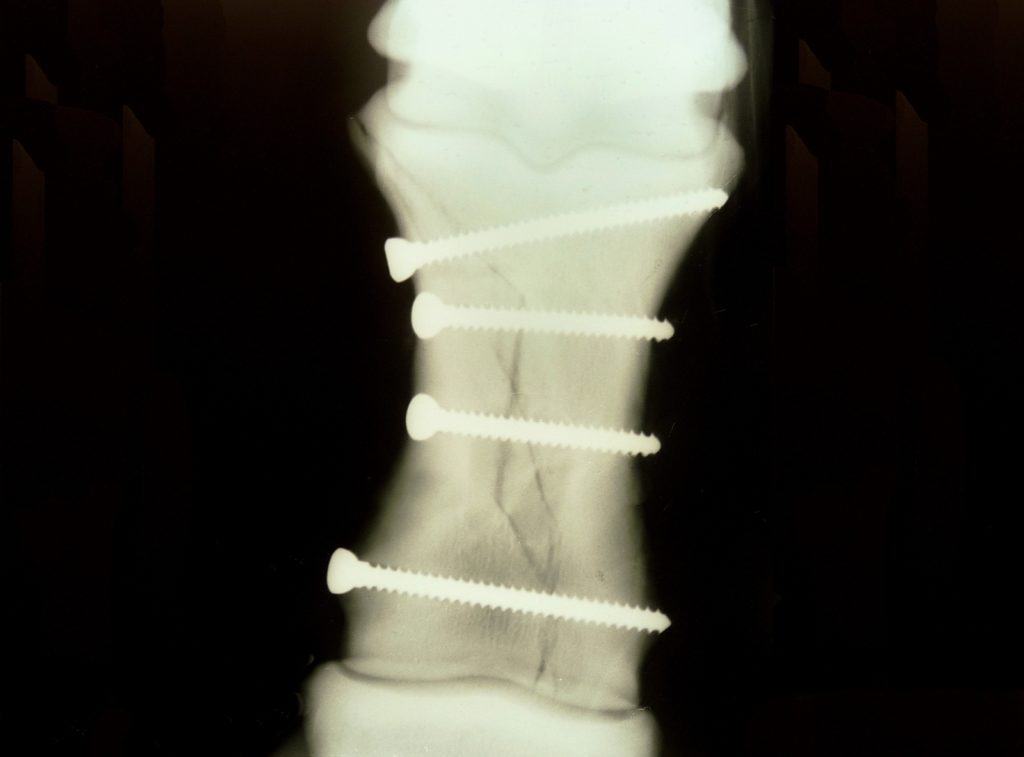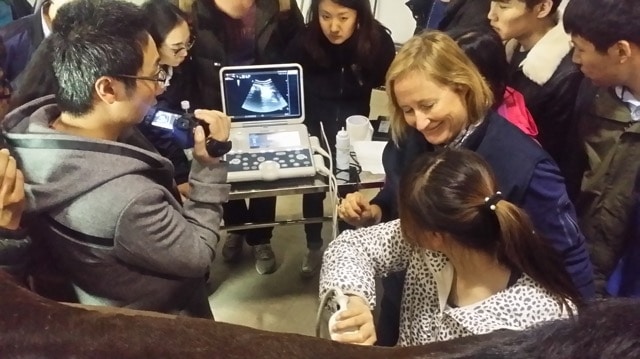
Do Domestic Mares Abort Fetuses to Protect Them? Maybe
Researchers determined that pregnant mares can abort their fetuses as a stress response to prevent future infanticide.
News and issues for equine health professionals

Researchers determined that pregnant mares can abort their fetuses as a stress response to prevent future infanticide.

Technological advances and improved surgical procedures mean horses have a better chance of surviving a fracture.

Scientists found a gene that could identify superior tractability, or how easily a horse can be trained or controlled.

Hayley Rasmussen-Ball describes a typical 24 hours in the world she wouldn’t trade for anything.

This is the first study to identify a potential genetic, rather than environmental, cause for foal loss in mares.

A University of Illinois’ Veterinary Teaching Hospital researcher is seeking new approaches for treating corneal ulcers.

Treated horses had less corneal fluid swelling than before, did not develop any corneal ulcers, and retained vision.

The key is understanding a horse’s arousal, or alertness, level.

Gait analysis applications on a smartphone can give reliable data to help detect hind limb lameness issues in horses.

The newborn foal is both precious and precarious. Knowing the signs of distress to look for during foaling and those first few hours, and acting immediately, can literally mean the difference between life and death.

Soft tissue damage resulted in a larger increase in SAA levels than bone and joint injuries, researchers found.

So far this year WEVA has held meetings in Heilan and Beijing, China; Cluj-Napoca, Romania; and Moscow, Russia.

Researchers determined that air-dried sperm can be kept for up to four weeks before being used to produce an embryo.

An accurate diagnosis with MRI can play a significant role in a horse’s long-term return to activity after DDFT injury.

Living where horses don’t commonly get diagnosed with EPM doesn’t mean your horse isn’t at risk.

Researchers determined that acyline can reduce stallion testosterone concentrations to as low as those of geldings.
Stay on top of the most recent Horse Health news with
"*" indicates required fields